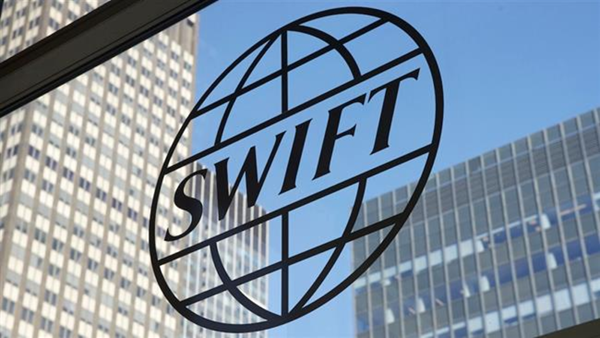Kremlin: ‘sanctions spiral’ can lead to Russia losing access to SWIFT
The Russian Ministry of Foreign Affairs believes that the SWIFT system may become part of a "sanctions spiral" against Russia, said the director of the Department of Economic Cooperation of the Russian Foreign Ministry, Dmitry Birichevsky in an interview with RIA Novosti.
He recalled that "there are threats," especially from the United States, to disconnect Russia from the SWIFT system. However, under international law, sanctions can only be imposed by a legitimate body, such as the UN Security Council.
According to Birichevsky, on this basis, unilateral measures taken by individual states or groups of countries cannot be called sanctions.
"What our Western partners are using are rather barriers to protect their own producers and protect their own interests on the world stage. There are fears that the SWIFT system may be involved in this "sanctions spiral," he said.
Birichevsky also repeated that Russia is developing an alternative to SWIFT in case it is disconnected from this payment system.
"As far as we understand, this is not the case, but it is necessary to prepare, taking into account the unpredictability of the situation. Russia has been doing this for quite some time, as it is an objective necessity," Birichevsky added.
Amid Russia's deployment of troops to the Ukrainian borders, a group of European Parliament MPs proposed to disconnect Russia from SWIFT, stop the completion of the Nord Stream-2 gas pipeline, stop importing oil and gas from Russia, and freeze the European assets of "oligarchs close to the Russian authorities" and cancel their visas. In the draft resolution the European Parliament stated that these measures are proposed to be taken if "Russia’s military presence turns into an invasion of Ukraine."
The EU High Representative for Foreign Affairs and Security Policy, Josep Borrell, noted that the European Union has no authority over SWIFT, as it is a private international organization.
The situation in the Donbas escalated in March. The New York Times wrote that 4,000 Russian troops were deployed to Ukrainian borders, including in the Rostov, Bryansk and Voronezh regions, as well as in annexed Crimea. In total, according to the newspaper, 28 battalion tactical groups of the Russian Armed Forces are located along Ukrainian borders.
Russian presidential spokesman Dmitry Peskov said in response to the publication that the movement of Russian troops does not threaten other states and should not worry them. He added that Russia is implementing "necessary measures to ensure the security of its borders".
The Russian Defense Ministry claimed that the movement of troops is part of the exercises.
